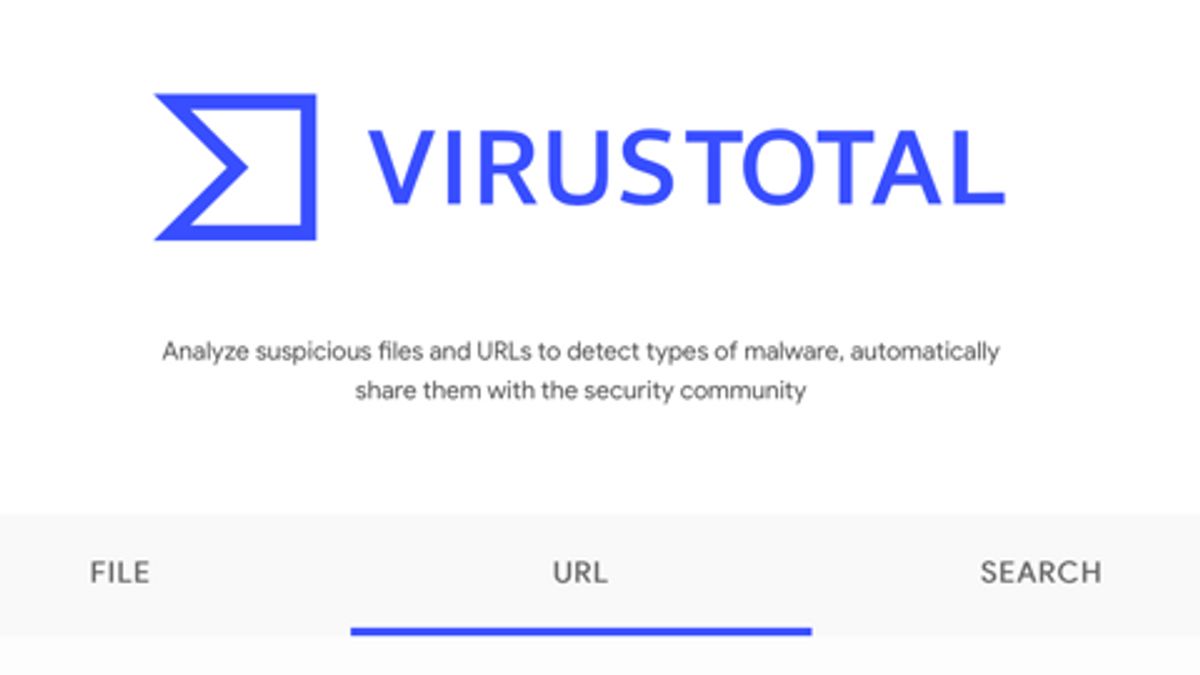JAKARTA - Phishing is one of the cyber attacks that we most often encounter in everyday life. One of the spreads of phishing is with fake links.
Usually, cybercriminals will create a fake link that resembles a genuine link from a site from a leading brand or certain agency. Once the victim is successfully trapped, criminals can take personal information from the victim.
Therefore, it is very important to ensure the veracity of the link or URL that you receive from anyone so that it is safe and avoids online fraud like this.
Fortunately, there are many sites that provide solutions for checking the correctness and security of a URL. Among these sites are:
Link Checker: A free URL checking service from Nord VPN that makes it easy for you to check URL authenticity. You just need to enter the URL and wait for them to check it.
Google's Safe Browsing: Since Google checks billions of URLs every day, Google Search can be one of the options for checking URL safety.
URLVoid: URLVoid is a free service offered by NoVirusThanks, an IT company headquartered in Italy. As with other tools, just enter the suspicious URL and wait for the site to check it.
Norton Safe Web: Another way to check links for viruses or malware is to rely on online security giant Norton's tools. To scan a URL for malware, simply paste the URL into the inspection field and click the Search icon. Norton Safe Web will then display ratings and provide community reviews of the website.
VirusTotal: VirusTotal is a site created by the security company, Hispasec Sistemas, and is now owned by Google. Offering a multifunctional, browser-based scanning tool, VirusTotal analyzes “suspicious files and URLs to detect types of malware.”
The English, Chinese, Japanese, Arabic, and French versions are automatically generated by the AI. So there may still be inaccuracies in translating, please always see Indonesian as our main language. (system supported by DigitalSiber.id)













